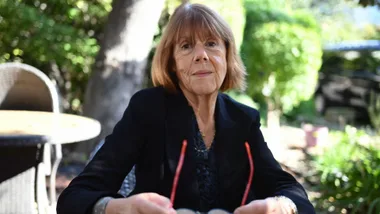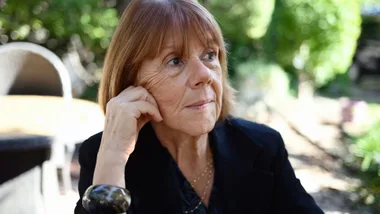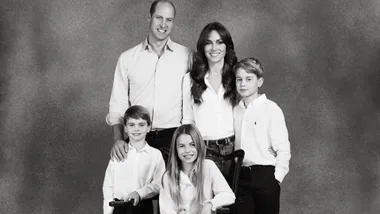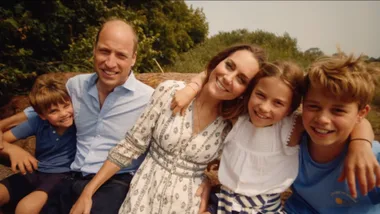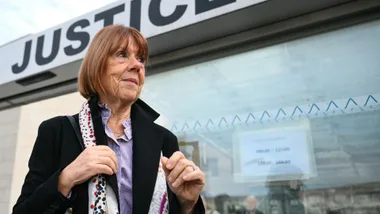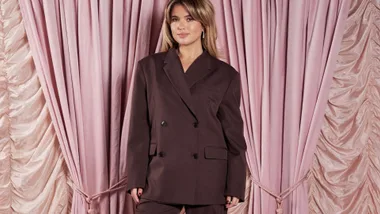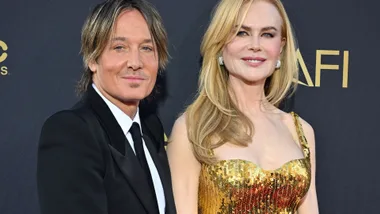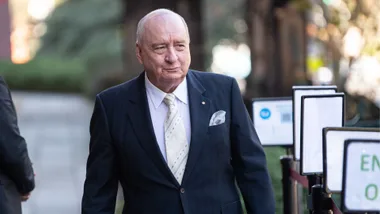Next month, every Australian will have the opportunity to answer a simple, but important question: should Australia alter the Constitution to recognise the First Peoples of Australia by establishing an Aboriginal and Torres Strait Islander Voice?
In the lead-up to the referendum (which will take place on October 14th), voters have been barraged with a slew of polarising takes on where they should swing their vote. Here to help clarify some of the myths surrounding The Voice is long time ‘Yes’ campaigner, Professor Megan Davis.
Myth 1: The Voice To Parliament Has The Power To Pass Legislation, Making It A “Third Chamber” Of Parliament.
“It’s an absolute myth. The Voice to Parliament has zero capacity to pass laws. It’s not a chamber of parliament at all. It’s basically an advisory committee that sits outside of parliament and sits outside of the government. It has no relation to the two formal chambers of parliament, and it has no lawmaking capacity.”
Myth 2: The Voice Will Have No Bearing At All On The Lives Of First Nations People.
“It will have a bearing on the lives of First Nations peoples because the Voice is an idea that was prioritised by the men and women who live in communities. Right now our people don’t have any say on laws and policies that are made about their lives and that’s why they do not work. I often say to our people, ‘How can anyone say that there is no power in our people talking together?’ Power is not a black and white thing.”
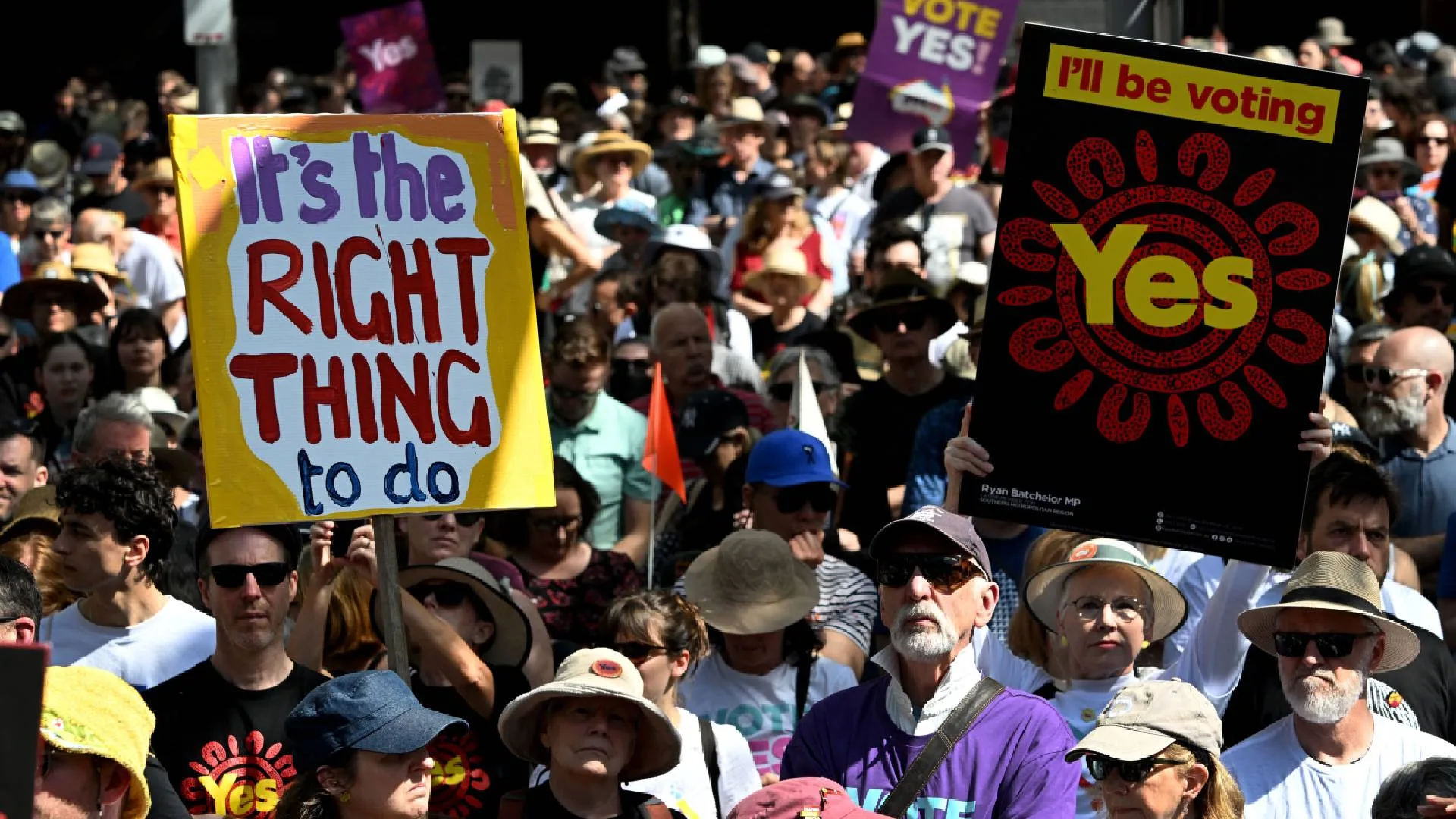
Myth 3: The Uluru Statement From The Heart (The Catalyst For The Establishment Of A First Nations Voice) Is 26 Pages.
“The Uluru Statement is one page and that is it. There’s no ‘gotcha’ moment. There is no conspiracy here. It’s very simply a one-pager. The other documents that have been referred to are documents that help Australians understand where the Uluru Statement came from and why people needed it.”
Myth 4: Most First Nations People Do Not Support The Voice.
“In the most recent robust polling, [from independent organisations] between 82 and 88 per cent [of First Nations people] support the Voice. We do have probably 10 per cent of our population who are what we would call ‘resistance mob’. They are part of a resistance tradition, who resist all change in Australia as a part of a resistance to the system. We respect that and their opinions, but their opinions are no greater than 10 per cent, even if they take up 80 per cent of the First Nations media [coverage]. The media tends to look for discord; for example, when people talk about the 2017 Uluru meeting, they always talk about the seven people who walked out. But they never talk about the 250 who stayed in the room.”
Myth 5: The Voice Will Give First Nations People “Special Rights”.
“The Australian government affords special rights to different cohorts. For example, constitutionally, Tasmania is given more rights than other states and territories in relation to the allocation of Senate seats. The Australian system says that Aboriginal and Torres Strait Islander peoples have distinctive rights as a distinct cultural group. And that’s what the recognition is about: recognising that we are a distinctively different group from other Australians because of our pre-ownership of the land. It doesn’t confer rights, nor does it take away any rights or privileges of any other group in the community.
For more information visit voice.gov.au.

